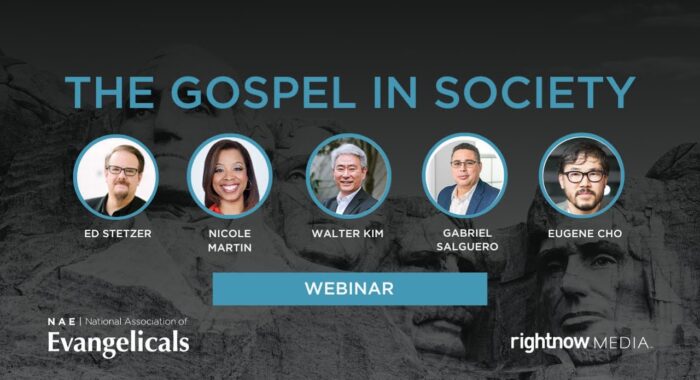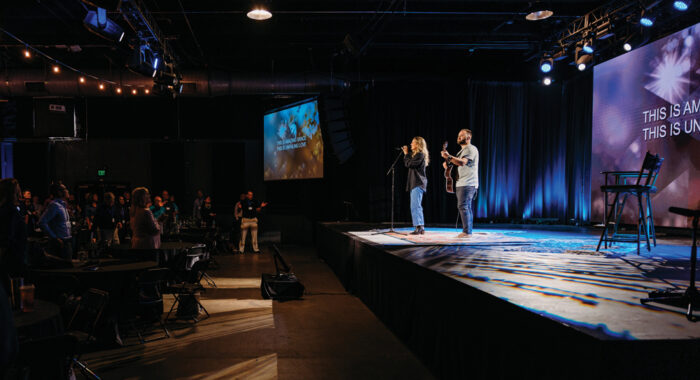
Evangelical Christians are people of faith. Our diversity ranges across geography, race, politics, education and economics. In the words of the Bible, we are among “a great multitude that no one could count, from every nation, tribe, people and language” (Revelation 7:9).
We identify ourselves by our spiritual convictions in the authority of the Bible, salvation through Jesus Christ alone and living out our faith in everyday life, especially sharing the good news of Jesus with others. We share the historic Christian beliefs in God the Father, Son and Holy Spirit. We believe Jesus died on the cross and was resurrected to life.
Many Christ-followers claim the name evangelical, because it is the Bible’s original word for good news. Others prefer to be called born again. Some choose Christian or avoid titles in favor of simple faith.
Because there are millions of us in the United States and far more of us in other countries around the world, there are subgroups identified by where we live, how we vote, the level of our education or even our local cultural expressions. Each has distinctive beliefs and practices that may be unfamiliar or uncomfortable to one another. Sometimes these subgroups or their leaders are identified as typical of all evangelicals even though there is no consensus, connection or communication between them.
What all evangelicals share in common does not require organizational connection, denominational affiliations or shared leadership. Our common bond is personal faith in Jesus Christ as Savior and Lord.
Throughout history and ongoing today is the compassion and care that evangelical Christians have for others. This has led to sending missionaries, founding colleges, building hospitals, feeding the hungry, seeking justice for the poor and serving as the agents of Jesus in a broken world. The variety of evangelicals and our many causes have led evangelicals to approaches that differ from one another and that even cause conflict — both with society at large and with other evangelicals. We have both succeeded and failed but we have not given up. We return to the teaching of the Bible and the leadership of Jesus in our quest to be faithful to our callings to love God, love our neighbors and share our faith.
Our identity is in our faith in the midst of our diversity.
Download a PDF version
Sign the Statement
The National Association of Evangelicals does not plan to publish the names of those who sign the statement. We simply want to give people the opportunity to take an action or acknowledge that they identify with the statement.



 View All Updates
View All Updates 




























